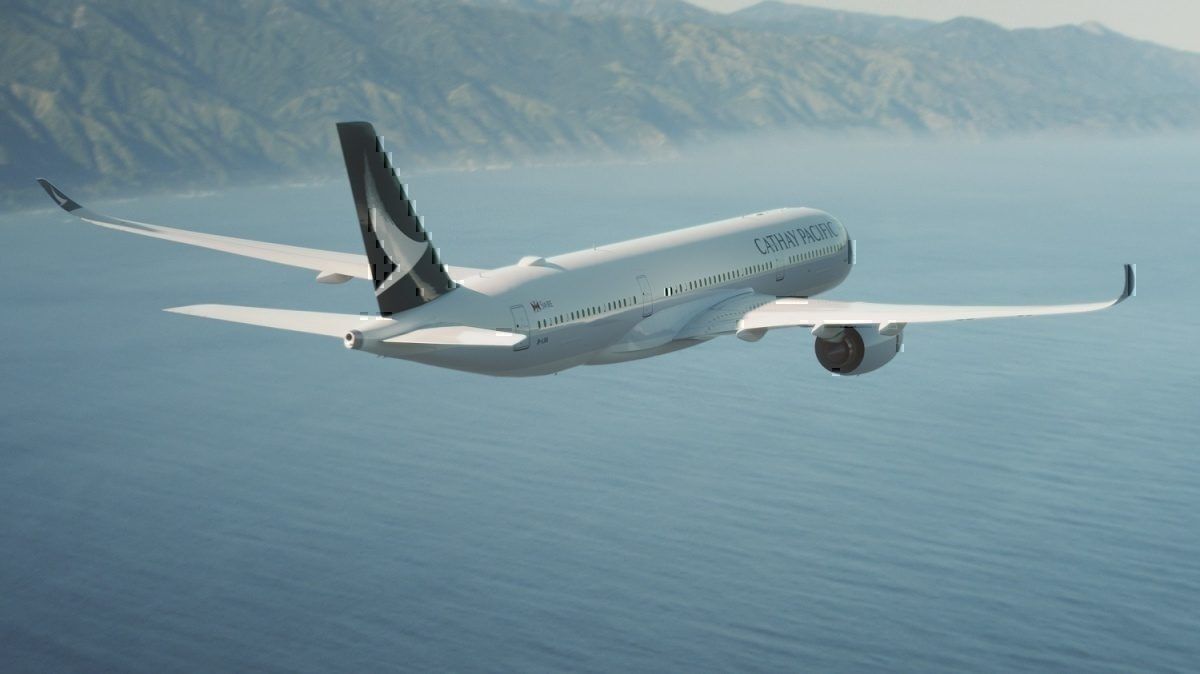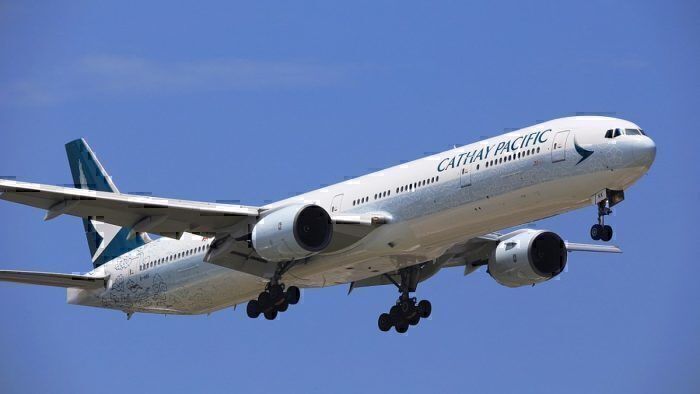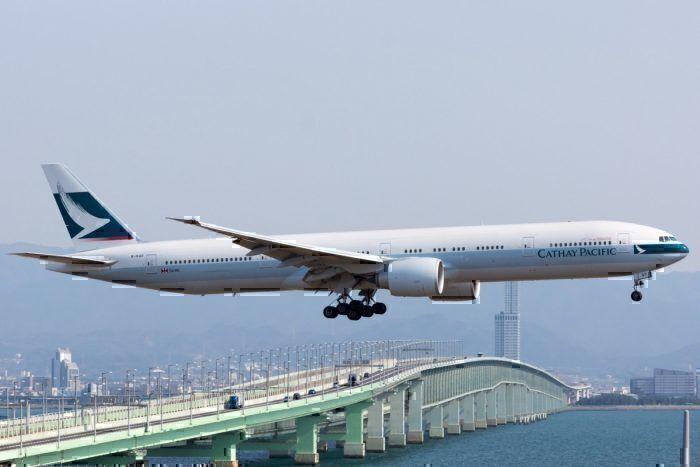Cathay Pacific’s Chairman, John Slosar, has stepped down from his position, becoming Cathay’s latest casualty of the Hong Kong protests. Slosar has been Chairman of the Hong Kong-based airline since 2014, having previously served as CEO since 2011.
In a statement released today, Cathay Pacific announced that John Slosar will be retiring from his position as the airline’s chairman. Slosar will remain in his position until the conclusion of the airline’s next board meeting on 6th November.
In his place, Cathay Pacific has appointed Patrick Healy, a 14-year veteran of various other companies within Swire Group, Cathay Pacific’s parent organization. With regards to Mr. Slosar’s departure, Swire Pacific’s Chairman, Merlin Swire, said,
“I would like to thank John for his tremendous contributions to the company over the past 39 years. Under his leadership as the Chief Executive Officer and then as Chairman, Cathay has built on its already enviable reputation for quality service,”
John Slosar’s resignation comes less than three weeks after Cathay Pacific’s CEO, Rupert Hogg, resigned as a result of the ongoing Hong Kong protests.
The impact of the protests so far
Hong Kong has seen widespread upheaval over the past couple of months. Pro-democracy protestors have clashed with police on the streets many times since early July, and the city’s economy has taken a substantial hit.
The protests and strikes haven’t just been limited to the streets. Cathay Pacific has had to cancel hundreds of flights because of protests and strikes spilling into the airport.
When Cathay Pacific employees started taking part in the protests, the airline came under pressure from Beijing. Protesting staff were banned from entering mainland China, causing yet more disruption to the airline.
As a result, Cathay Pacific’s upper management found themselves stuck between the conflicting interests of Beijing, their business and their employees.
Can Cathay Pacific weather the storm?
Hong Kong International Airport accounts for 5% of the city’s GDP, so prolonged disruption is having a serious effect on the local economy. As Hong Kong’s largest airline, Cathay Pacific is particularly exposed to the protests and their effects on air travel.
With three high-level employees gone in the space of three weeks, the protests are clearly taking their toll on the airline’s upper management.
Incoming Chairman, Patrick Healy, has held previous positions in a number of Swire companies within mainland China itself. Alongside 14 years at Swire Group’s Beverages Division in Mainland China, Mr. Healy also spent four years as CEO of HAECO Xiamen.
His knowledge of mainland China and its ways of doing business will be a valuable asset to Cathay Pacific. As it attempts to navigate the complex political situation in Hong Kong, Cathay Pacific will need someone with experience in China itself.
Today also brought more positive news for Cathay Pacific as Hong Kong’s leader Carrie Lam announced she will be withdrawing the extradition bill.
The highly controversial bill in question was the trigger for the protests which have caused so much disruption in Hong Kong.
Although it is not yet clear whether this will spell the end of the protests, it is positive news for local businesses who desperately need stability.



